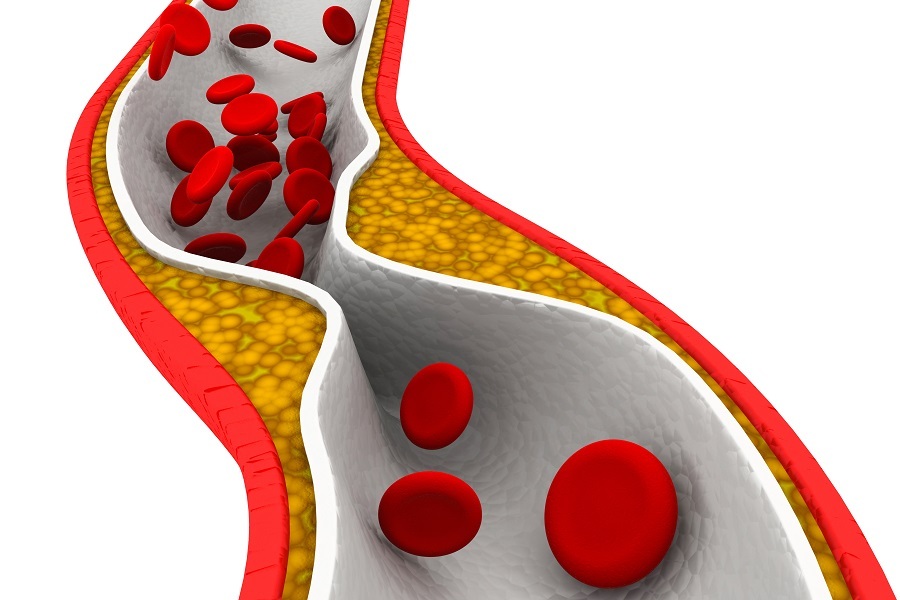According to a new study conducted by a team of researchers from the University of Illinois at Chicago and Kaiser Permanente, white men who work out at least seven-and-a-half hours a week were 86% more likely to develop plaques in the coronary arteries than those who do a moderate amount.
The researchers compared 25-year exercise patterns from 1985 through 2011, starting at age 18 to 30 and finishing at 43 to 55, and made the shocking discovery. However, this was not the case in black men, they discovered.
Published in Mayo Clinic Proceedings, the study suggested high levels of exercise over time caused stress on the arteries leading to higher coronary artery calcification (CAC).

The team from the University of Illinois at Chicago and Kaiser Permanente looked at data of 3,175 black and white participants in the long term Coronary Artery Risk Development in Young Adults (CARDIA) study and assessed the presence of CAC.
CAC was measured with CT scans, which is known to be a good predictor of future heart disease. Participants’ blood fats, fasting glucose and cholesterol were also measured at each time point.
Researchers split participants into three distinct groups, based on physical activity patterns.
Group one was defined as exercising below the national guidelines of less than 150 minutes a week, group two as meeting the national guidelines of 150 minutes a week and group three was exercising three times above the national guidelines of over 450 minutes a week.
Overall, those in group three were 27% more likely than those in group one to develop CAC by middle age. When these findings were divided by race and gender, they found that white men were at the highest risk as they were 86% more likely to have CAC. There was no higher odds of CAC for black participants who exercised at this level, and while there was a similar trend for white women, it was not statistically significant.

The presence and amount of CAC is a significant warning sign to doctors that a patient may be at risk for developing heart disease and a signal to consider early preventive care.
Deepika Laddu, assistant professor of physical therapy at the UIC College of Applied Health Sciences said, “We expected to see that higher levels of physical activity over time would be associated with lower levels of CAC.”
Unique to the new study is the evaluation of long-term exercise patterns, from young adulthood into middle age.
“High levels of exercise over time may cause stress on the arteries leading to higher CAC,” said study co-author Dr. Jamal Rana, a cardiologist at Kaiser Permanente “However this plaque buildup may well be of the more stable kind, and thus less likely to rupture and causes heart attack, which was not evaluated in this study.”
However, he added, “It does not suggest that anyone should stop exercising.”
Read also: Beauty Sleep May Not Be Beneficial As What You Think
– Cover Image: boemagazine.com









